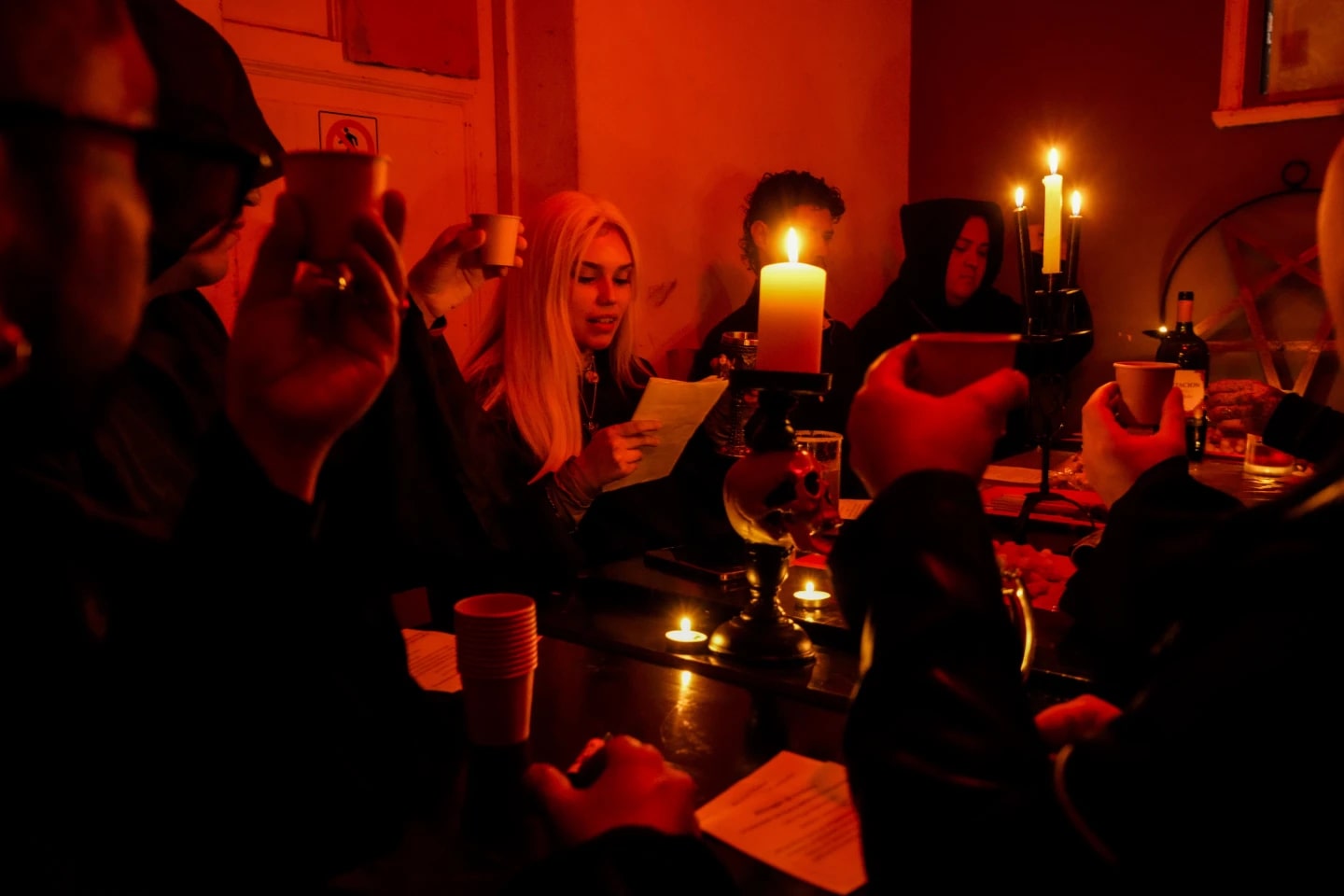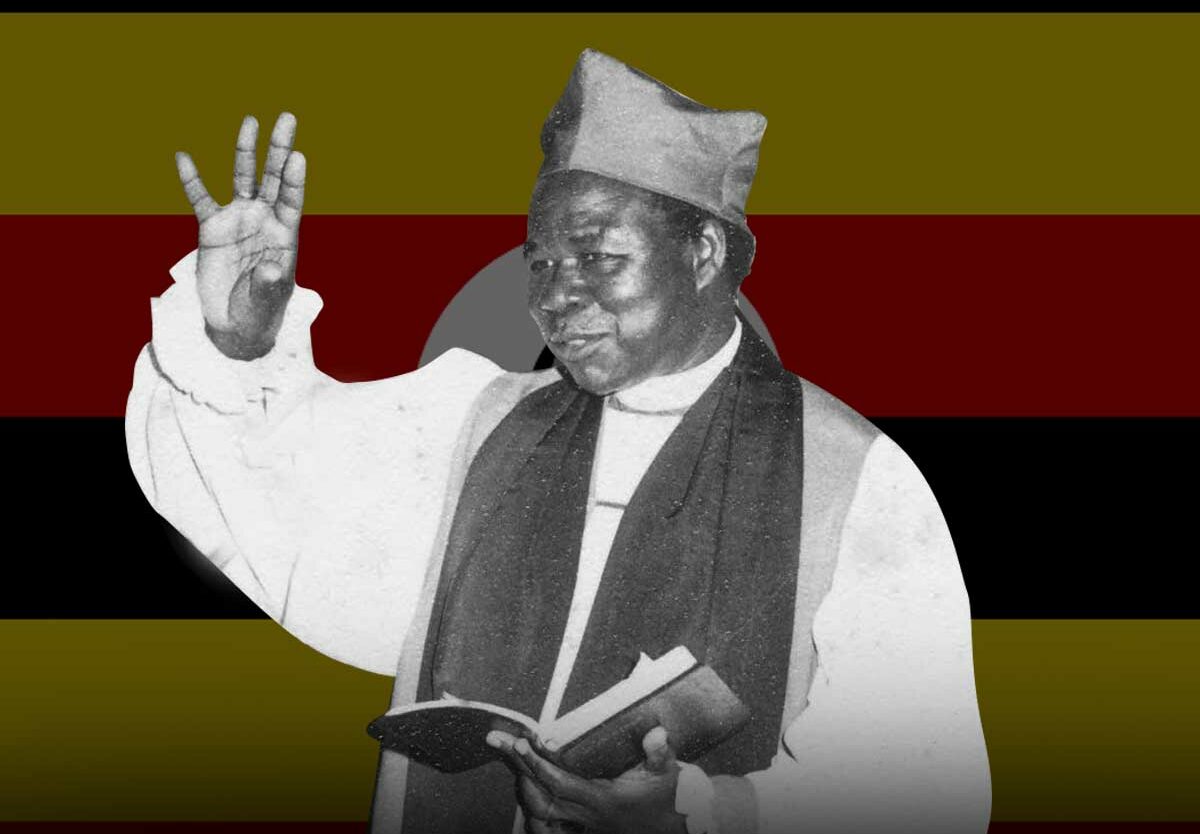(Santiago) – The Temple of Satan: Satanists and Luciferians of Chile is gaining traction in the country, where belief in traditional religions has been declining. Founded in 2021, the group now has 100 members, with over 400 applicants seeking membership. The temple recently made a formal request for the Chilean government to recognize it as a legal religious association, sparking heated debates within the country’s religious community.
Santiago, Chile’s capital, is home to a growing movement of individuals who are turning away from traditional faiths, particularly Catholicism, which has long played a dominant role in the country. Amid a series of sexual abuse scandals within the Catholic Church, many Chileans have lost faith in religious institutions, creating an environment more open to alternative belief systems.
The Temple of Satan, despite its provocative name, does not practice rituals involving sacrifice or the worship of Satan. Instead, the group focuses on individualism, rationality, and the pursuit of pleasure, rejecting the traditional moral and religious dogmas that many in Chile still hold dear. The group’s members come from a variety of professions, including publicists, firefighters, police officers, and psychologists, and they share a common desire to challenge established norms.
In their ceremonies, members embrace the symbolic figure of Satan, viewing him not as a deity but as a representation of personal empowerment and freedom. “You are the owner of your present and future,” said Haborym, a spokesperson for the group. “There is no God that makes decisions for you.” For them, the rituals serve to express emotions and leave behind the constraints of intellect, focusing instead on the experience of self-expression.
Contrary to popular portrayals of Satanism in movies and media, such as “Rosemary’s Baby” or “True Detective,” the Temple of Satan strictly opposes any form of violence, including animal abuse, and prohibits members with criminal records. They also emphasize that their practices are non-dogmatic, allowing each individual to create their own beliefs, rites, and spiritual practices. “We don’t want people killing in the name of Satan,” said Haborym.
The process of joining the Temple of Satan in Chile is rigorous, involving a background check, an interview, and psychological evaluation. Upon acceptance, members choose a new name, often inspired by demons or fallen angels, to be used within the community. The group’s growth has been significant, with membership requests spiking after the temple’s call for legal recognition by the Chilean Ministry of Justice.
The request for official recognition has led to public outcry from Chile’s mainstream religious institutions, including the Catholic, Evangelical, Jewish, and Anglican churches. Leaders from these groups have warned that Satanism is dangerous, citing its history of controversy. However, the Temple of Satan in Chile is positioning itself as a reflection of a broader societal shift, challenging deep-rooted traditions and offering a space for those disillusioned with conventional religious doctrines.
Azazel, the founder of the Temple of Satan, explains that the group seeks to provide a sanctuary for those who feel restricted by traditional religions. “In Satanism, there are no solutions or absolute truths,” he said. “You are your own god and you create your own reality.” This view resonates with many new members, including Kali Ma, a dentistry student who left her Jehovah’s Witness upbringing in search of greater personal freedom. She believes traditional religions impose restrictive practices, and she finds in Satanism a liberating space for personal growth and expression.
Experts, such as Néstor da Costa, a secularism scholar at the Catholic University of Uruguay, suggest that the rise in interest for alternative spiritual practices like Satanism may reflect a broader trend of individuals seeking answers outside dogmatic religious frameworks. The shift indicates a societal desire for flexibility in belief systems, where people can forge their own paths without the constraints of traditional religious structures.
It remains uncertain whether the Chilean government will grant it official status. However, the group’s mere existence has already ignited a conversation that challenges longstanding cultural and religious norms.




















